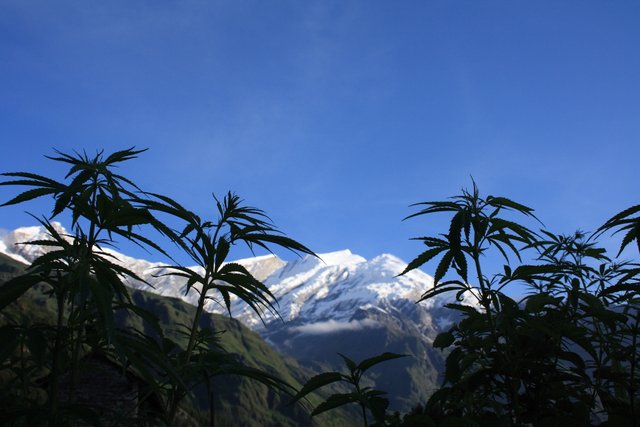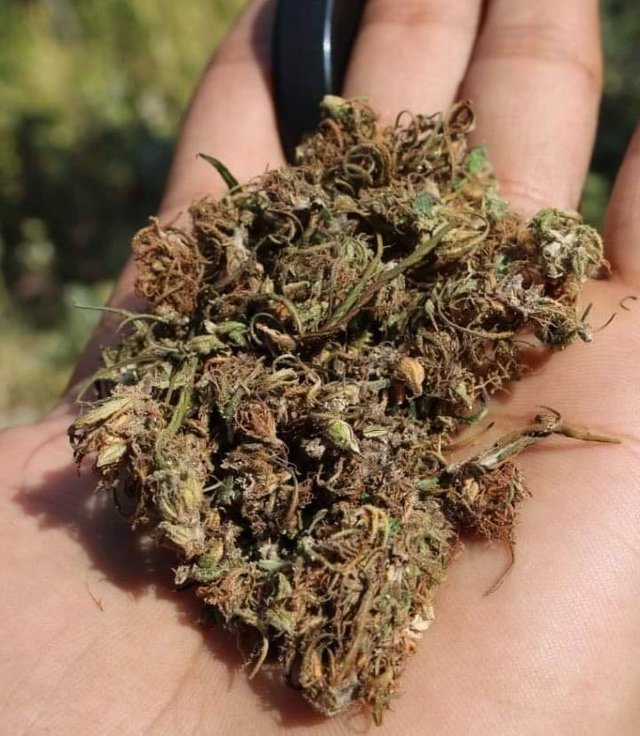Status for Hemp , is legal better or Illegal
The legal status of hemp varies significantly around the world and is closely tied to its benefits and challenges. Hemp, a variety of the Cannabis sativa plant species, is grown specifically for industrial uses of its derived products. Unlike marijuana, hemp is low in THC (tetrahydrocannabinol), the psychoactive compound that causes a high. Its legality is often dictated by the THC content, with legal hemp typically containing 0.3% THC or less in the United States and varying thresholds in other countries.

PIC Source : https://en.wikipedia.org/wiki/Cannabis_in_Nepal
Legal Hemp: Benefits
Economic Opportunity: Legalizing hemp opens up numerous economic opportunities, from farming and agriculture to manufacturing and retail. It can be a valuable cash crop for farmers, and its wide range of products includes textiles, biodegradable plastics, food, and construction materials.
Regulation and Quality Control: When hemp is legal, its production, processing, and distribution can be regulated to ensure quality and safety standards. This protects consumers and ensures that products are free from contaminants and accurately labeled.
Research and Development: Legal status encourages research into hemp's potential uses and benefits, including its environmental impact, medical applications, and utility in various industries.
Environmental Benefits: Hemp is known for its low environmental footprint. It requires less water than many crops, doesn't need pesticides, and can help in soil remediation. Its fast growth cycle and the ability to sequester carbon make it an attractive crop for sustainable farming practices.
Illegal Hemp: Challenges
Lost Economic Opportunity: Countries where hemp is illegal miss out on the economic benefits associated with its cultivation and the industries it can support.
Lack of Regulation: Illegal markets can't be regulated, which means there's no quality control or safety standards for hemp products. This poses risks to consumers and the environment.
Stifled Innovation: Legal barriers can stifle research and innovation related to hemp, limiting understanding of its potential applications and benefits.
Environmental Impact: By restricting legal cultivation of hemp, regions may rely more heavily on environmentally harmful alternatives for textiles, construction materials, and other products hemp could sustainably supply.
In regions where hemp is legal, it's generally viewed as beneficial due to the economic opportunities, environmental benefits, and potential for innovation it offers. The key to maximizing these benefits lies in effective regulation and ongoing research. However, the perception and legal status of hemp are often influenced by broader attitudes towards cannabis, which can vary widely between different cultures and legal systems.

Pic Source : https://www.facebook.com/weedfromnepal/photos/a.978414062216845/2198958193495753/?type=3